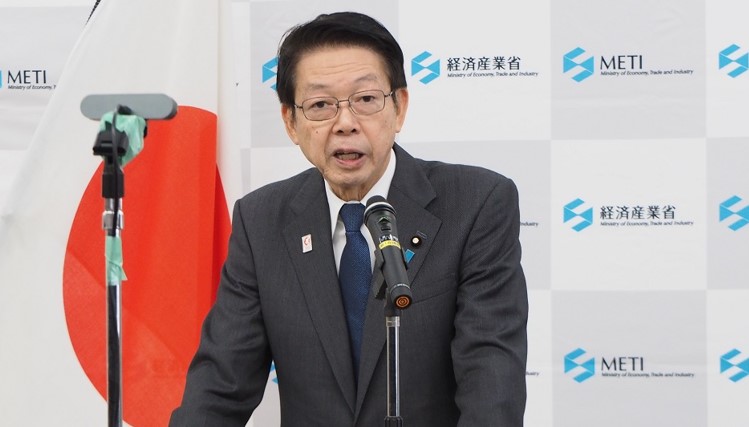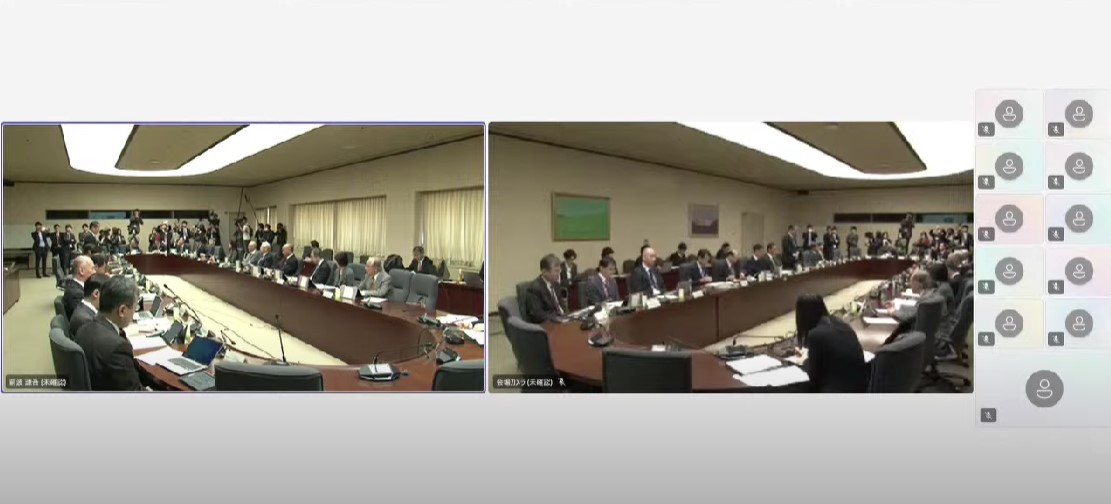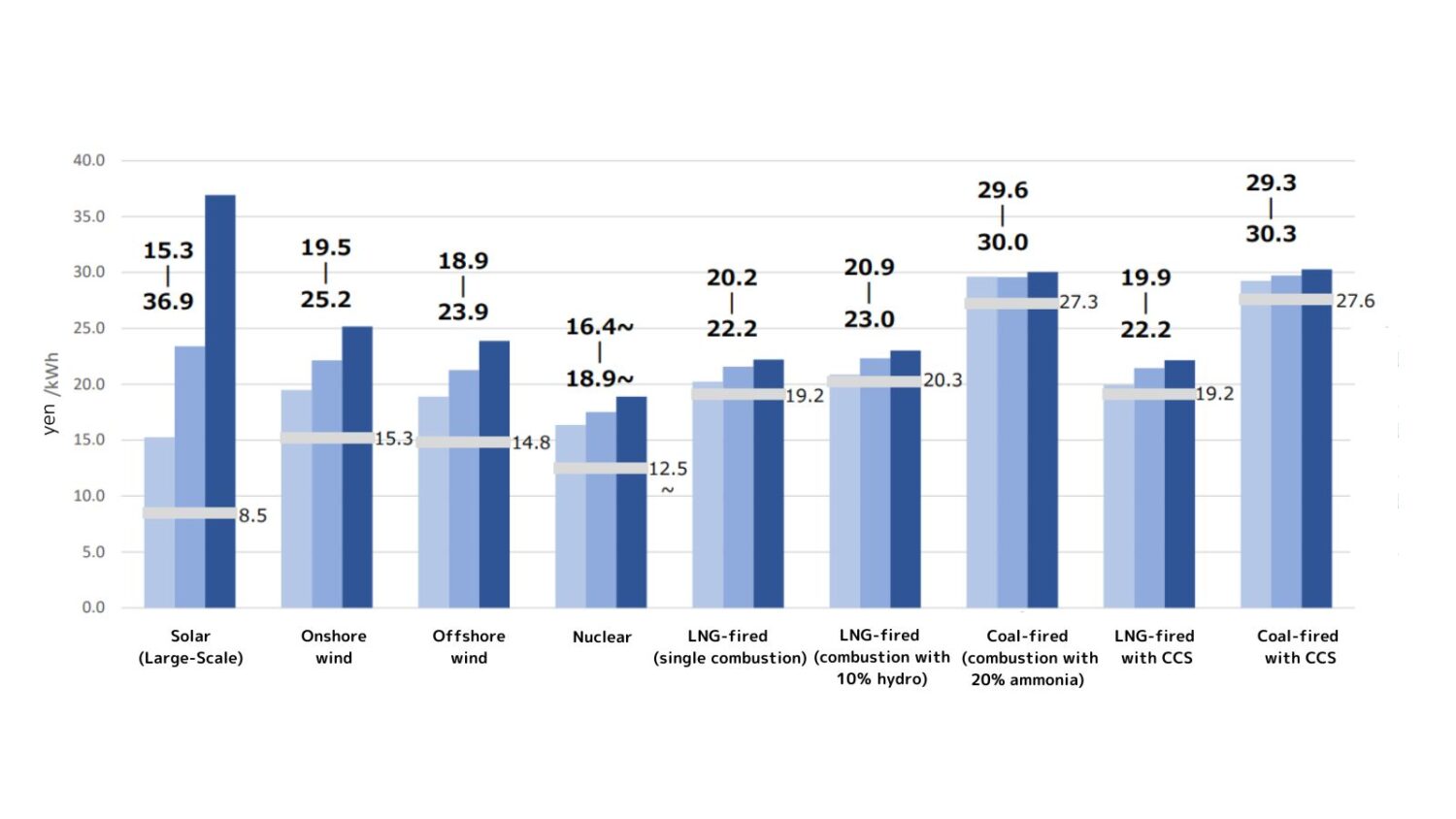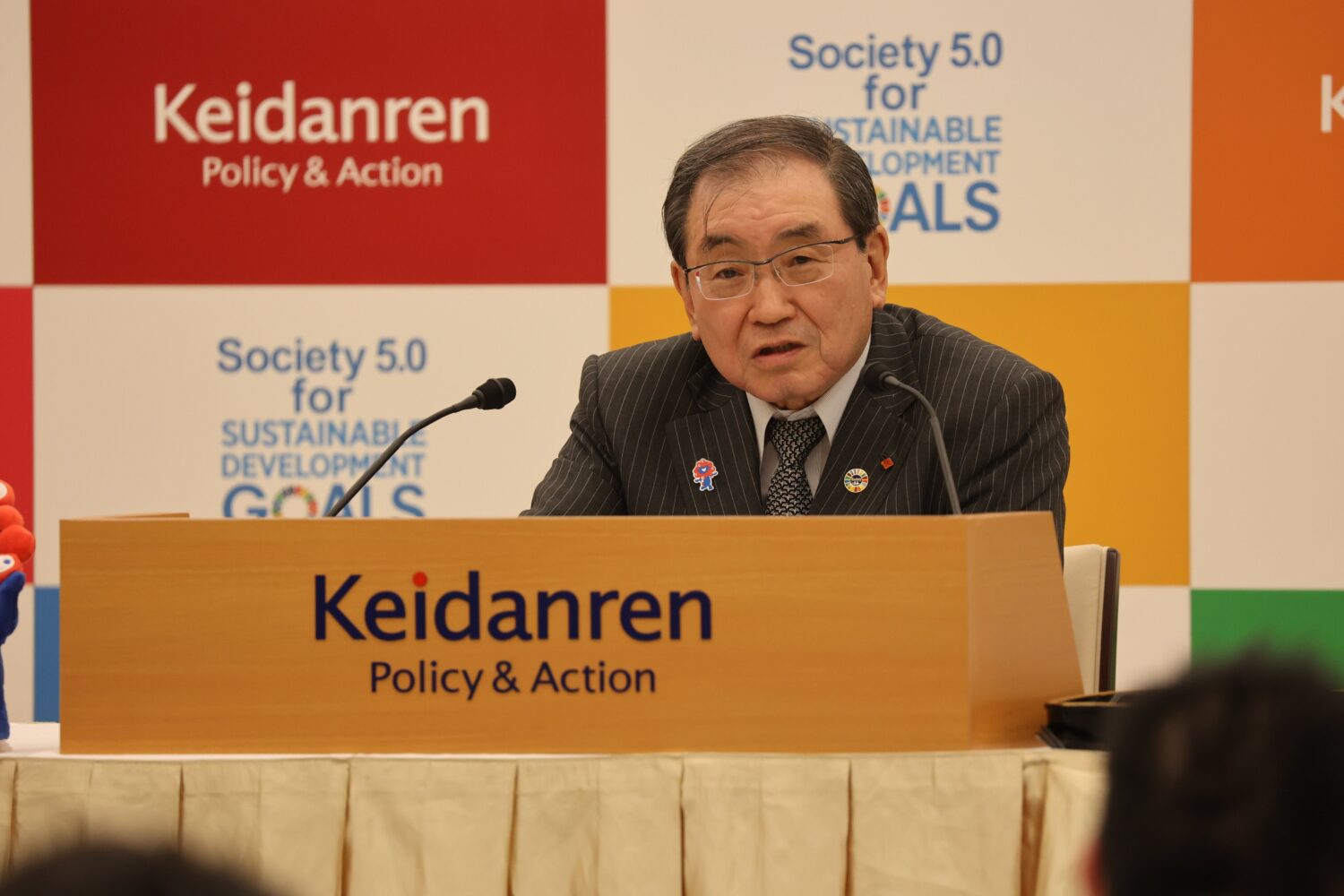It focuses primarily on three basics:
- Adhering to the principle of S+3E (safety plus the conventional three E’s of energy security, economy and environmental protection).
- Achieving both environmental protection and economic growth.
- Contributing, as part of the business world, to a global virtuous circle.
The Japanese government is currently discussing the issuance of a long-term strategy under the Paris Agreement—in the form of a growth strategy—for realizing an economy and society characterized by low emissions of greenhouse gases.
According to the released opinion, to protect the environment while achieving economic growth, it is especially important to carry out such activities as (1) recognizing innovation, (2) green financing (the flow of funds promoting both environmental protection and economic growth), (3) international contributions and overseas development, (4) international fairness, and (5) zero-emission power sources, to promote a so-called energy shift and realize a low-carbon society. The government, it says, should implement measures for all those things as part of its long-term strategy.
To do that, the opinion states that nuclear power—firmly entrenched at the commercial stage—should be optimized as a zero-emission power source on the premise of ensured safety. It notes that Mihama-1 (PWR, 340MWe), owned and operated by the Kansai Electric Power Co., Japan’s first commercial reactor, began commercial operation in conjunction with the Osaka EXPO in 1970, and has supported economic growth in the Kansai area (Osaka, Kyoto, Kobe) for many decades.
It also stresses that activities to maintain and strengthen nuclear human resources and technology will be carried out consistently, along with the construction of new nuclear power plants and the replacement of aging ones, the development and increase of the use of next-generation reactors with enhanced safety and economic efficiency, and the resolution of back-end issues. Those are to be conducted while endeavoring to obtain understanding from the public and showing a clear direction for the utilization of nuclear power.
The opinion concludes by saying that the long-term strategy to be issued by the government should be a powerful message to the effect that “the entire international community will tackle climate change issues” at the G20 in Osaka in 2019.
At EXPO Osaka 2025, moreover, the business world will “share state-of-the-art technology with the world, contributing its utmost to global measures against climate change toward the realization of a low-carbon society.”












